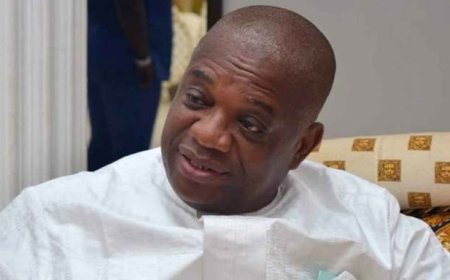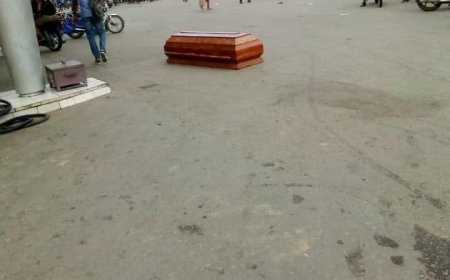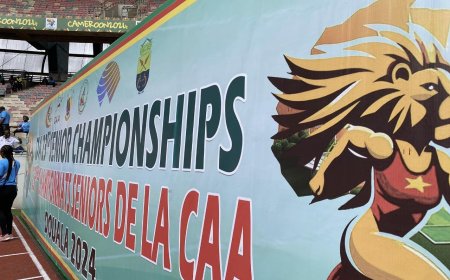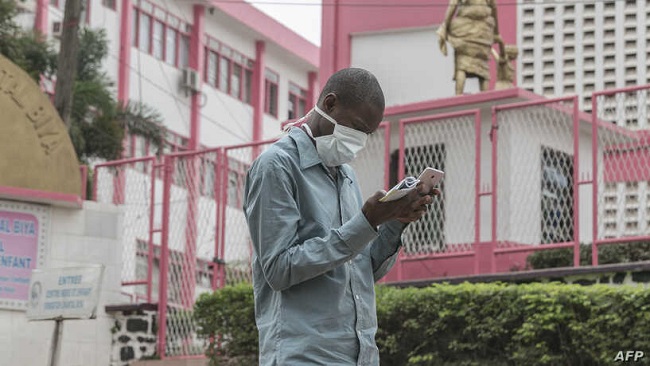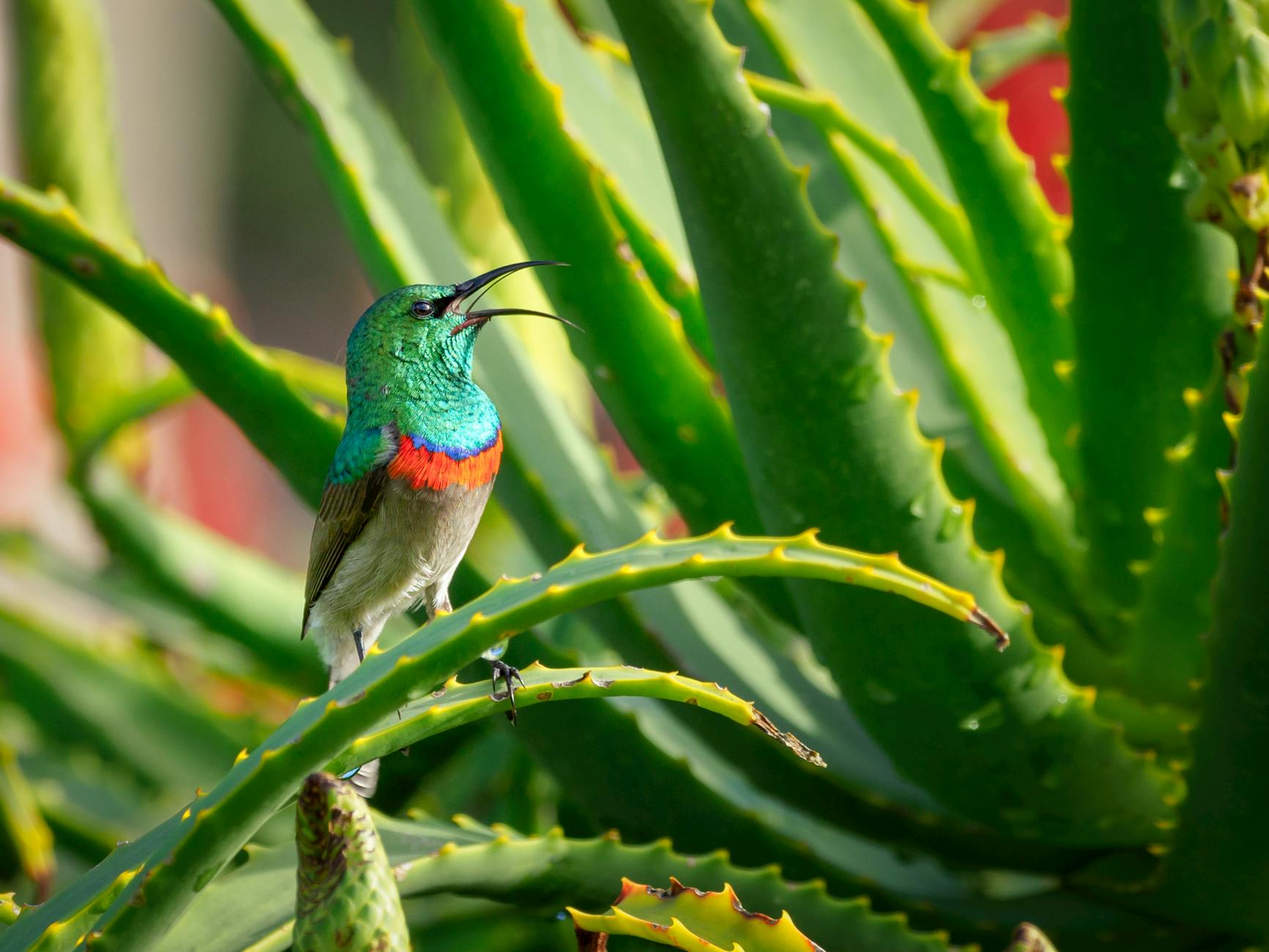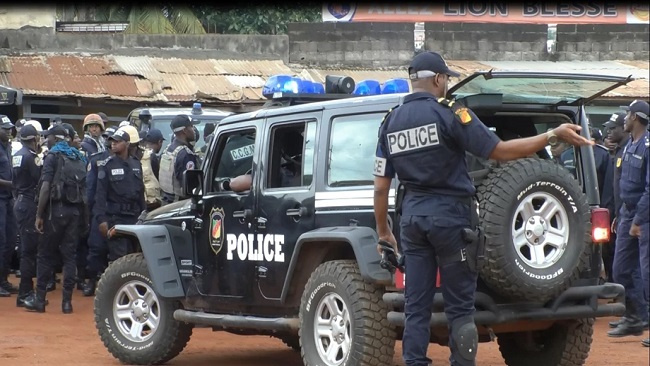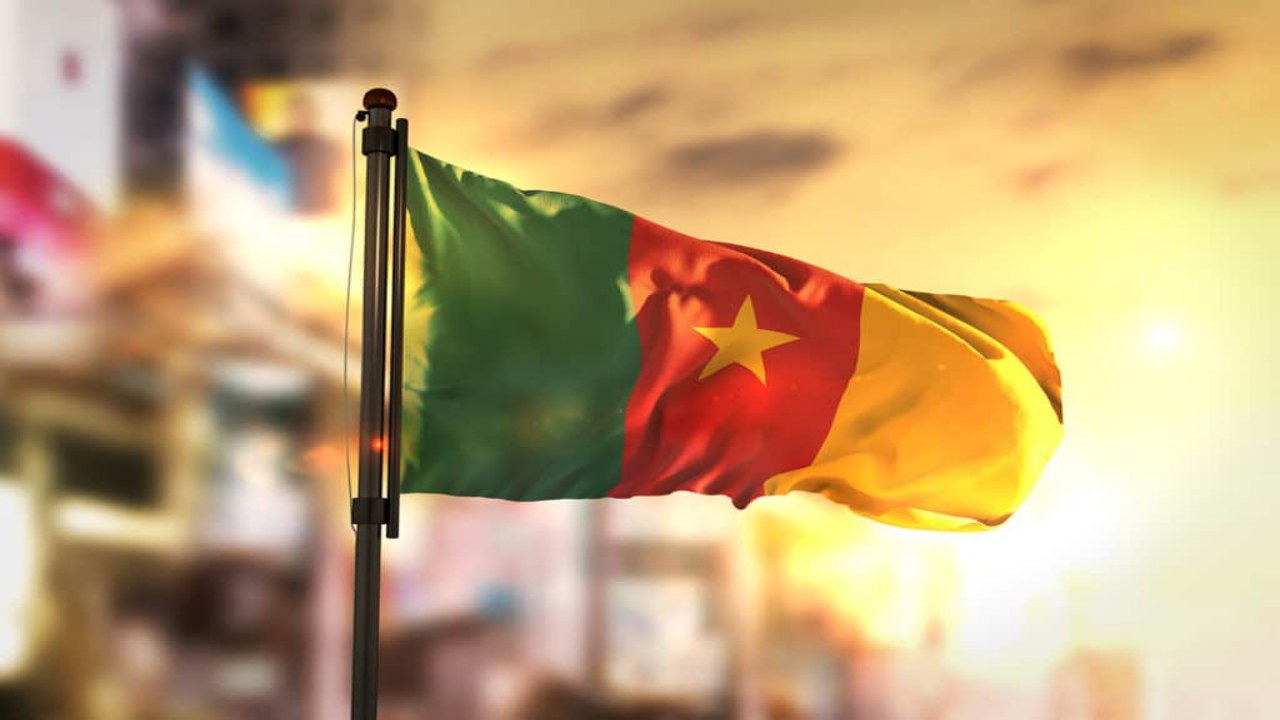Unmasking Hidden Hands Behind Malevolent Land Grabbing In Fako
The recent wanton destruction of palm plantations belonging to the Cameroon Development Corporation (CDC) by individuals claiming to have legal backing from the government, has resonated fresh distaste for the incessant land imbroglio rocking Fako Division. CDC Legal Counsel cum Secretary-General of the Bakwerri Land Claims Committee (BLCC), Barrister Ikomi Ngongi, says some unscrupulous individuals […]

The recent wanton destruction of palm plantations belonging to the Cameroon Development Corporation (CDC) by individuals claiming to have legal backing from the government, has resonated fresh distaste for the incessant land imbroglio rocking Fako Division. CDC Legal Counsel cum Secretary-General of the Bakwerri Land Claims Committee (BLCC), Barrister Ikomi Ngongi, says some unscrupulous individuals have been taking advantage of the current Anglophone Crisis to illegally grab parcels of CDC land under the pretext that such lands have been ceded to them by the Government. This move is costing the agro-industrial giant huge economic losses. It would seem perpetrators of these illicit activities have failed to follow the legal instruments prescribing procedures for land surrender.
CDC palms & employees paying a huge price The CDC is Cameroon’s second-highest employer Since June 2020, the Chief Mukeka Ndive Abel of Sasse village, and Chief David Nanyowe of Bonadikombo village, have both been masterminding the felling down of hundreds of CDC palm trees. Put in a desperate position, the Management of the corporation used all legal and bureaucratic apparatus available, yet, all have proved futile. The financial impact of these illegal actions to the Corporation is estimated at FCFA 150 million-plus about FCFA 37 million losses that will be incurred for paying workers of those sections for no work done. While the CDC is struggling to stand on its feet with government support and the willingness of the workers to get back to work, some unscrupulous Fako Chiefs, as well as individuals, are busy grabbing hectares of land and felling young plants that belong to the Corporation, for themselves, in the name of land surrender.
Areas with Palms as young as 2011 Plantings of about 31 hectares of land from which the CDC can harvest and manage to sustain itself are being destroyed by these land grabbers. Mola Nieke Gibril, a Fako Native and Human Rights Activist say it is bad faith and needs to be halted. “CDC is a state-owned corporation for crying out loud. To see palms at their prime being destroyed in such impunity is a grave sign of bad faith. What will become of the over 23000 workers who depend on the corporation for livelihoods? We are yet to grapple with the destruction incurred from the Anglophone crisis and another is born to exacerbate the already bad situation. We the Fako people cannot stay quiet and watch this injustice.” Plantations in villages such as Batoke, Limbola, Bonadikombo, and recently Ndongo in Tiko have been victims of this sad tale to the extent that community members are alleged to have been threatened to be shot in case they complain. There is already a worry as there are indications that the CDC Nursery at Bota is about to be grabbed too. It is also alleged that Chiefs’ frequent corridors in Yaounde and by some strange means, obtain documents authorizing them to fell and grab the land.
The wounds of CDC seem deeper and clearer with many Fako natives who have had their fair share of this land imbroglio. One school of thought holds that some top brass in the South West Region is the brains behind the several land squabbles rocking Fako Division. Who is Complicit? Several authorities such as Civil Administrators in the South West Region have been indicted into this hullabaloo. They include but not limited to Governor Bernard Okalia Bilai, Former SDO of Fako Zang III, former Divisional Officer of Tiko Che Patrick Ngwashi, former DO for Buea, Kouam Wokam Paul, the late Mayor of Buea, Ekema Patrick Esunge. “A certain native of the Bamileke Land b name Nomend Albert is claiming 70 hectares of land in Lower Bokova. He insinuates that his late Father, Nomend Francis, had purchased the land. In actual fact, none of that is true. His father leased a piece of land from the Moli’s in the 60s and later died without paying his debts. Unfortunately, this young man is working in complicit with some administrators in Buea to frustrate the population of Lower Bokova aka Mile 15. He has already been given 20 hectares of native land, and there are threats he could be given more. We will never allow that to happen,” Chief Ewule Emmanuel lamented. South West Regional Secretary of the National Commission on Human Rights and Freedoms Christopher Tambe Tiku, speaking on the issue of land grabbing in 2017 revealed that the illegal acquisition of native land by these administrators is often facilitated regrettably by the custodians of the cultures and traditions of these same people. He explains that it is with the complicity of the chiefs and “ill-intentioned officials of state property, surveys and land tenure” that civil administrators grab huge portions of native land ‘indiscriminately’. According to Mr Tambe Tiku, they have “uncovered over time systematic conspiracies between the Chiefs and the administrators in the South West Region to dispossess natives of huge parcels of land most of which was ceded to the natives through their chiefs by the CDC.” Actions that bark, but never bite It is not as if an action has not been taken to stop the prevailing situation. As far back as 2016, Mr Tambe Tiku and Barrister Ngongi, led a delegation to the then Prime Minister Philemon Yang to bring to his knowledge the “callous and atrocious manner in which land grabbing was taking place in this area (Fako)”. The outcome of this visit was the setting up of a commission of inquiry by then minister of State Property, Surveys, and Land Tenure Jacqueline Koung à Bessike to look into the Fako land crisis. Some officials of the South West Regional Delegation of State Property, Surveys and Land Tenure, the Chief Mathias Esuka Etonge of Molyko, Late mayor of Buea Ekema Patrick Esunge and others were also summoned by the National Anti-graft Commission (CONAC) for questioning on the use of land surrendered by the CDC.
This followed a previous visit to the South West Region by CONAC officials and subsequent investigations into the land crisis in the region. “They came here time and again but to date, no one has seen the report of that commission. Even some of the people who constituted that commission were themselves land-grabbers in Fako. We even got the then Minister of State Property, Surveys and Land Tenure, Jacqueline Koung, to sign a ministerial order suspending the CDC land surrender but no one respected that order. We still find land being surrendered every day into the same hands of these degenerate chiefs,” Barrister Ngongi lamented. The proverbial case of giving groundnuts to a rat to protect seem to either be the case in this instance, or it is simply one of the situations where commissions are created to solve problems, but they suddenly metamorphose into a new problem. ‘It is not illegal to grab land’ While some may argue that the act of land-grabbling is morally reprehensible, there are some who have been categorical that be that as it may, it is not illegal.
For instance, the Regional Delegate of State Property, Surveys and Land Tenure for the South West, Annuh Boris Meende whose ministry has been accused of complicity in the land grabbing mafia maintain that the accusations of land grabbing and illegal land acquisition levied against civil administrators and government officials in the region have never had any legal backing. “There is no legal provision in Cameroon that forbids anybody from owning parcels of land in any part of the country. We have even read media reports insinuating that the Cameroon land tenure ordinance of 1974 forbids civil administrators from owning parcels of land in their areas of assignment. No such provision exists in the Cameroon land tenure ordinance. The only provision I know of is that you must be a Cameroonian before you can acquire landed property in Cameroon. The ministry has a procedure and a series of requirements needed for the establishment of a land title and any individual who meets these requirements and provides the requested documents is entitled to the land,” Mr Annuh expounded.
According to Mr Annuh, there is no evidence pointing to malpractice by administrators or traditional rulers in the process of land acquisition in the South West Region. He interprets the accusations of land grabbing against civil administrators in the region to the lack of a reading culture in Cameroonians whom he says have not had time to find out what the law says on the process of land acquisition in the country. “The law favours the indigenous population but it equally makes provisions through which non-indigenes can acquire landed property in any part of the country…everybody born in Cameroon has the right to acquire land in the country as long as he provides the required documentation. I don’t know the mechanisms people use to classify others especially administrators as land grabbers. If they follow the right procedure and acquire their land, people should enquire how they can follow that same procedure and acquire their land rather than calling them land grabbers,” he added. What future for poor Natives of Fako? While the question of legality remains unanswered, there is little doubt that land grabbing has placed Fako Division in the global pedestal.
Fako is becoming one of the case studies where the rich, mighty, and powerful can amass all the available means of production, at the expense of those without monetary or political power. While the blame games on as to who is the hidden hand behind the growing social scourge, the vulnerable natives are left to lick their wounds. Experts predict that it would not be for long before the entire Fako Division experience developmental explosion. However, such experts also add that these surges may not be in the hands of the true Fako natives as all the lands must have been bought by foreigners.







